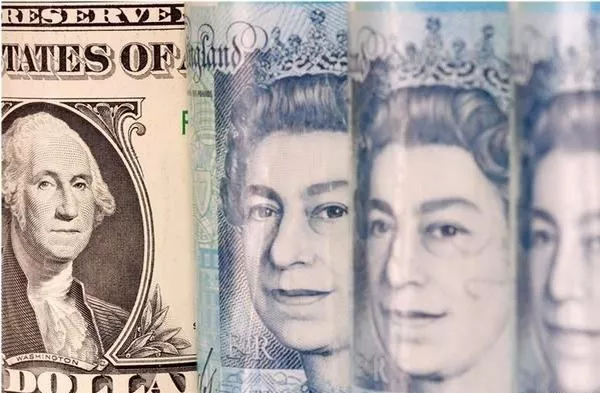Gold has been a symbol of wealth and prosperity throughout history, and nations around the world often boast substantial gold reserves as a measure of economic strength and stability. However, the United Kingdom stands out with relatively modest gold holdings compared to some of its counterparts. In this article, we delve into the reasons behind the UK’s limited gold reserves, exploring historical, economic, and strategic factors that have shaped the nation’s gold policy.
Historical Context
The history of the United Kingdom’s gold reserves is intertwined with the rise and fall of the British Empire. At the height of its imperial power, the UK possessed vast resources, including significant gold holdings. However, the aftermath of World War II and the decolonization process that followed marked a turning point. The need to rebuild the war-ravaged economy and the gradual relinquishing of colonial territories led to a decline in the UK’s gold reserves.
The Gold Standard and Shifts in Monetary Policy
Historically, the UK operated on the gold standard, a monetary system where the value of a country’s currency was directly linked to a specific quantity of gold. This system prevailed until the early 20th century when the devastating economic impact of World War I forced the UK and other major economies to abandon the gold standard.
As the gold standard crumbled, countries faced the challenge of redefining their monetary policies. The UK, like many other nations, opted for a fiat currency system, where the value of money is not tied to physical commodities like gold. This shift allowed greater flexibility in monetary policy but also reduced the imperative to maintain large gold reserves.
Economic Considerations
The UK’s decision to focus on a fiat currency system was driven by economic considerations. Unlike some resource-rich nations, the UK did not heavily rely on gold as a primary source of wealth. Instead, the British economy diversified, with services and manufacturing playing pivotal roles. As a result, the imperative to accumulate vast gold reserves diminished, and the focus shifted towards maintaining a stable and adaptable monetary policy.
Pragmatic Gold Management
While some countries view gold as a crucial hedge against economic uncertainties, the UK has adopted a more pragmatic approach to its gold holdings. The Bank of England, the nation’s central bank, manages the UK’s gold reserves with a focus on liquidity, security, and maintaining the overall stability of the financial system. Rather than hoarding large quantities of gold, the UK’s strategy involves balancing the benefits of holding gold with the need for flexibility in monetary operations.
Global Economic Dynamics
The global economic landscape also plays a significant role in shaping the UK’s approach to gold reserves. In a world where financial markets are interconnected, the UK’s economic stability is influenced by a multitude of factors beyond its borders. With the rise of digital currencies, the role of gold as a traditional store of value has faced challenges. Central banks, including the Bank of England, carefully evaluate the evolving dynamics of the international monetary system when determining the appropriate level of gold reserves.
Strategic Considerations
The UK’s limited gold reserves should also be viewed through the lens of strategic considerations. The nation has historically relied on its diplomatic and economic influence as key pillars of power. While gold remains an important asset, the UK’s strategic priorities may favor investments in other areas, such as technology, infrastructure, and human capital, which contribute more directly to the nation’s competitiveness in the modern global economy.
See Also What UK coins are gold? A Comprehensive Guide
Conclusion
The United Kingdom’s modest gold reserves are a result of a complex interplay of historical, economic, and strategic factors. The transition away from the gold standard, coupled with the economic diversification of the nation, has led to a pragmatic approach to gold management by the Bank of England. In a world where the global economic landscape is constantly evolving, the UK’s gold policy reflects a nuanced understanding of the interconnected forces shaping the international monetary system.
While gold remains a symbol of wealth and stability, the UK’s focus on maintaining a diversified and adaptable economy has allowed it to navigate the complexities of the modern financial landscape. As the world continues to change, the UK’s approach to gold reserves will likely continue to evolve in response to shifting economic dynamics and strategic priorities.


